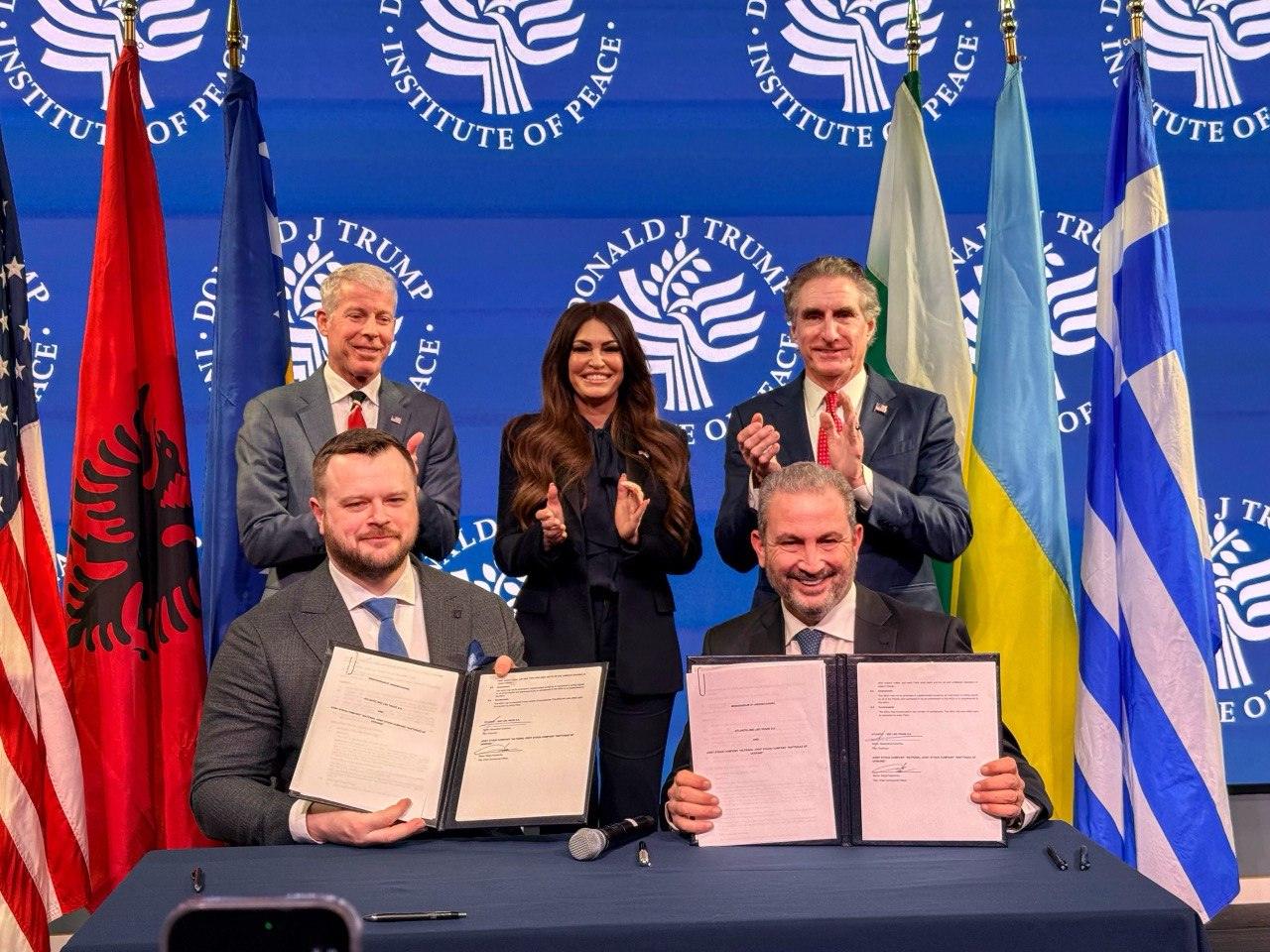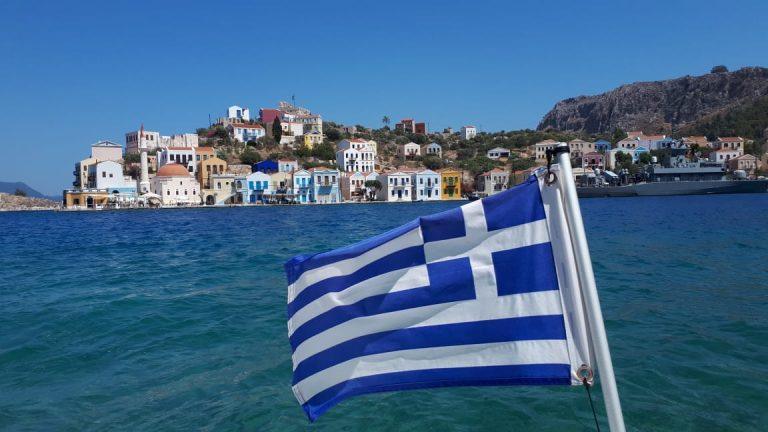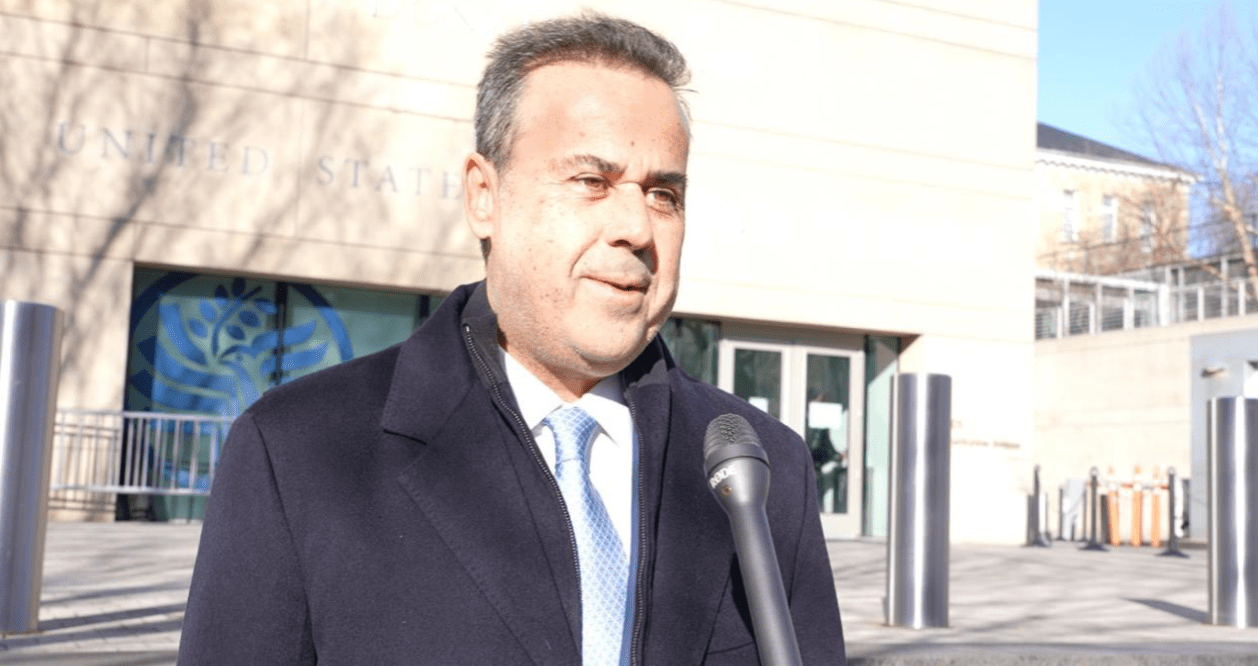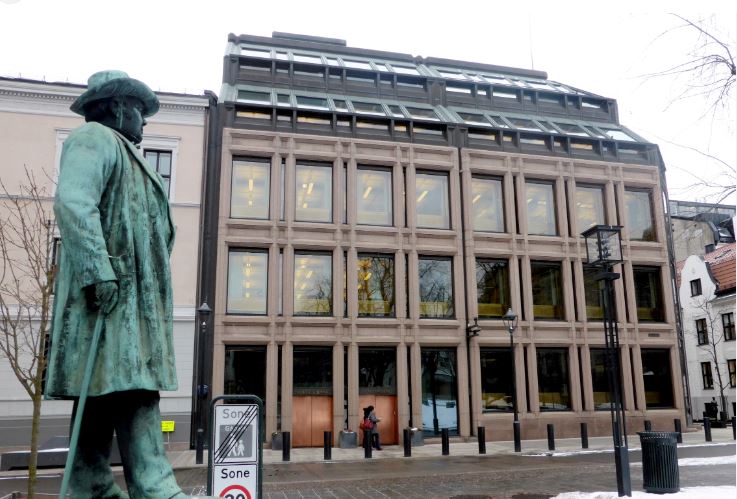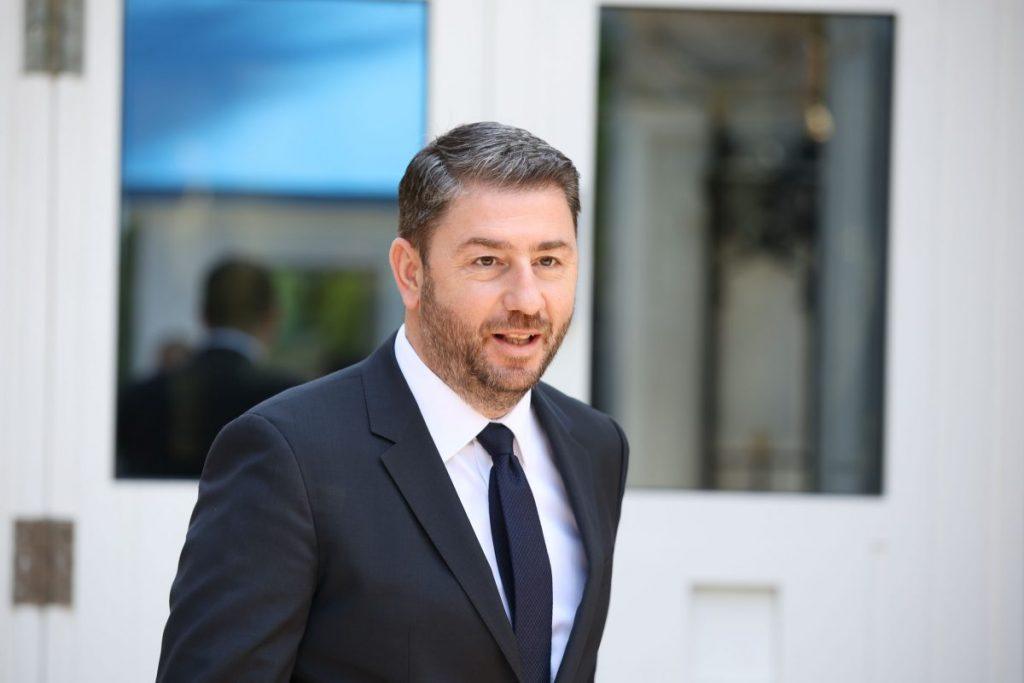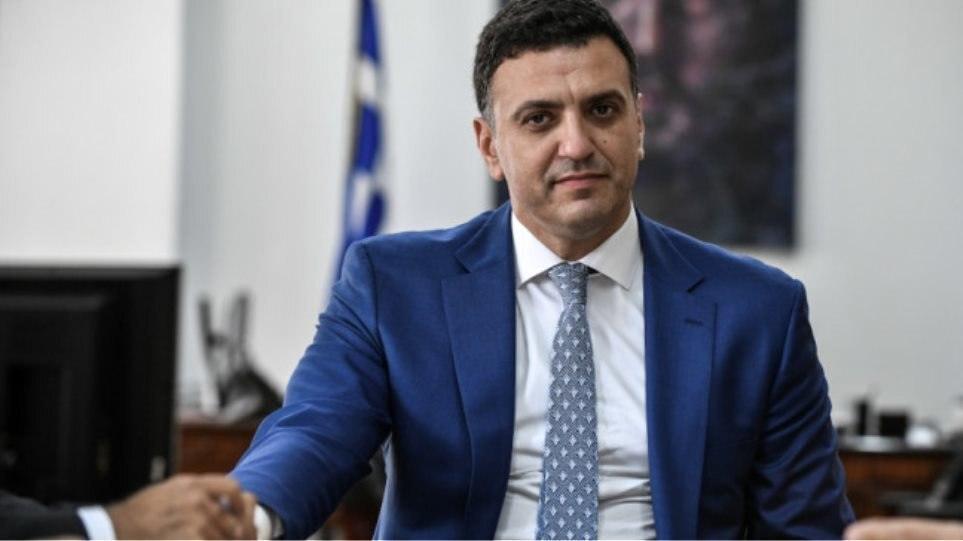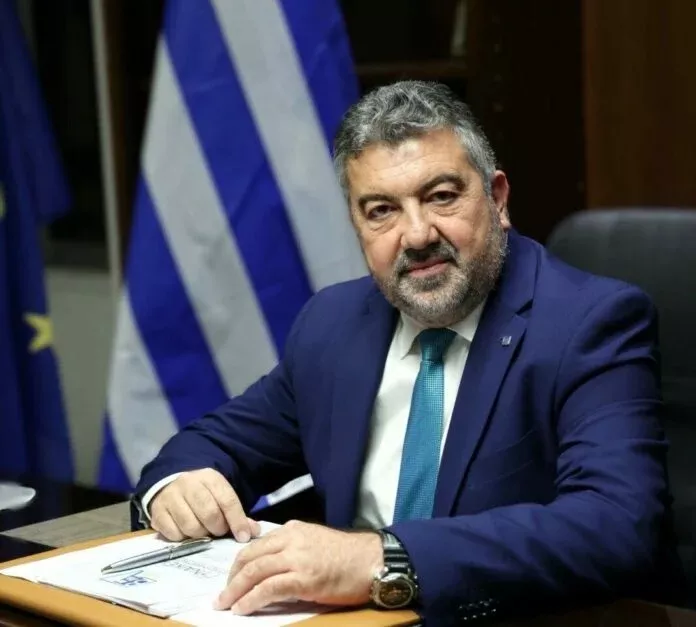Greece’s Minister of Environment and Energy, Stavros Papastavrou, sent a strong message to Turkey on Monday, September 29, regarding the jurisdiction and exploitation of natural gas in the Eastern Aegean.
“With regard to Chevron, we have nothing to discuss with Turkey, as the Prime Minister made very clear in his interview with the Wall Street Journal. In other words, kazán-kazán (win-win) does not apply to our sovereign rights, which are non-negotiable and not up for sharing,” Papastavrou stressed in an interview with Greek broadcaster ANT1.
At the same time, he noted that there are areas of mutual interest with Turkey that can be discussed “constructively and not through threats,” citing tourism as a prime example.
Greece as an Energy Hub
The minister underlined that Greece’s political and economic stability, strategic position, and infrastructure make it a key energy hub in the wider region, as well as a strategic partner for the United States.
He pointed to the upcoming Partnership for Transatlantic Cooperation on Energy (P-TEC) conference, to be hosted in Athens on November 6–7. The event will bring together more than 20 energy ministers and 400 representatives from governments and companies worldwide. U.S. Energy Secretary Chris Wright will attend, following the recent visit of Doug Burgum, head of the U.S. National Energy Sovereignty Council.
“Mr. Burgum, a senior member of the Trump administration, chose Greece as the first country to visit. That in itself sends a message. Now Secretary Wright is coming too, not alone, but with an international delegation. Greece is becoming in practice an energy hub not just for Europe but also for America,” Papastavrou said.
Chevron’s Entry into Greek Hydrocarbons
Commenting on Chevron’s participation in Greece’s hydrocarbon tender, Papastavrou described it as a “highly significant development.” If exploration confirms commercially viable reserves, he said, the country will undergo a transformative shift both economically and energetically.
“If the surveys are successful, Greece will no longer import natural gas. Energy will be cheaper for households and businesses, improving competitiveness. The country will achieve energy self-sufficiency, and the standard of living of Greek citizens will rise substantially,” the minister emphasized.
Next Steps
According to Papastavrou, the agreement will be submitted to the Court of Audit in November before being ratified by parliament. Seismic and geophysical surveys are expected to begin in early 2026 and will take two to three years to complete.
Source: tovima.com
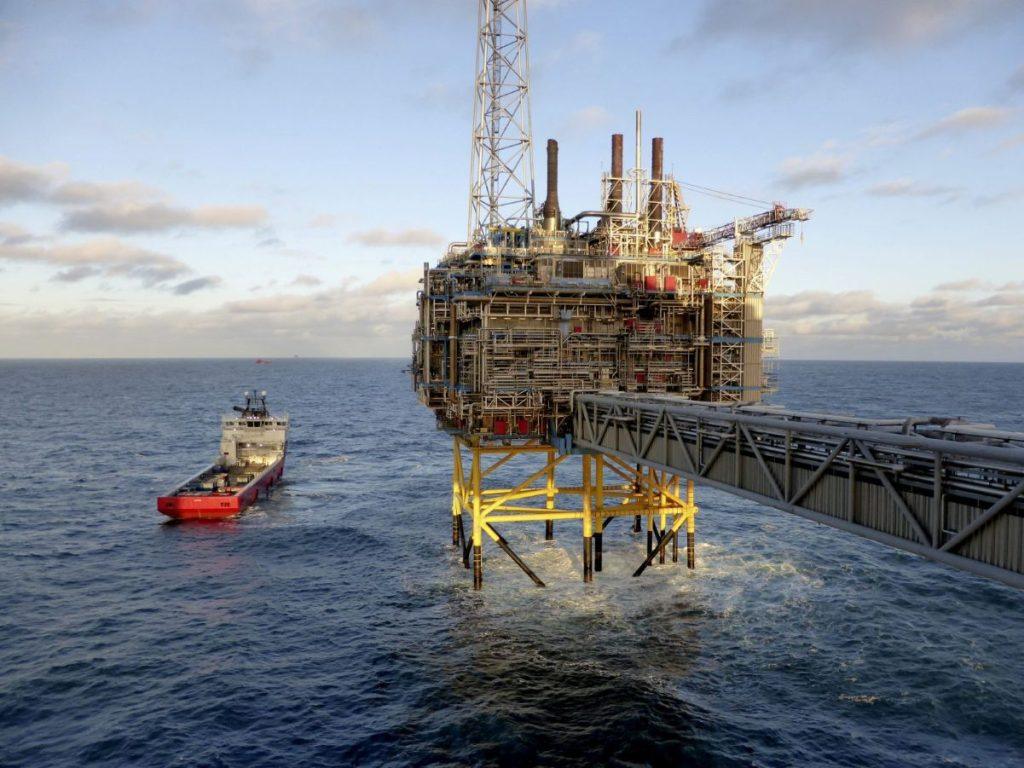

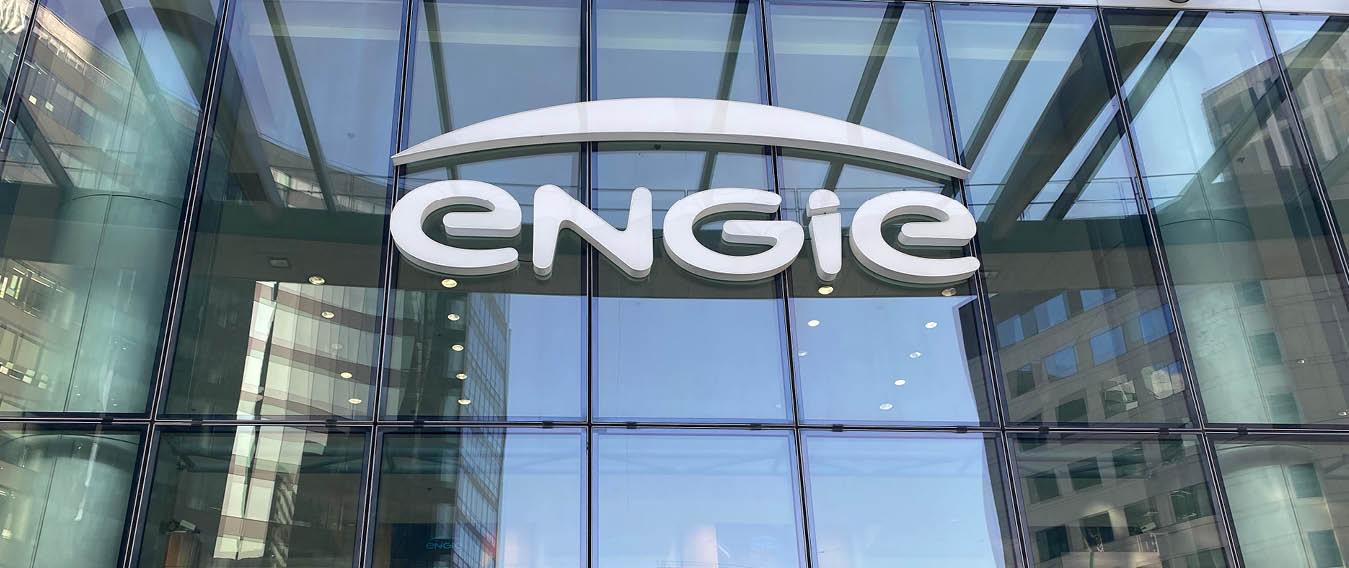
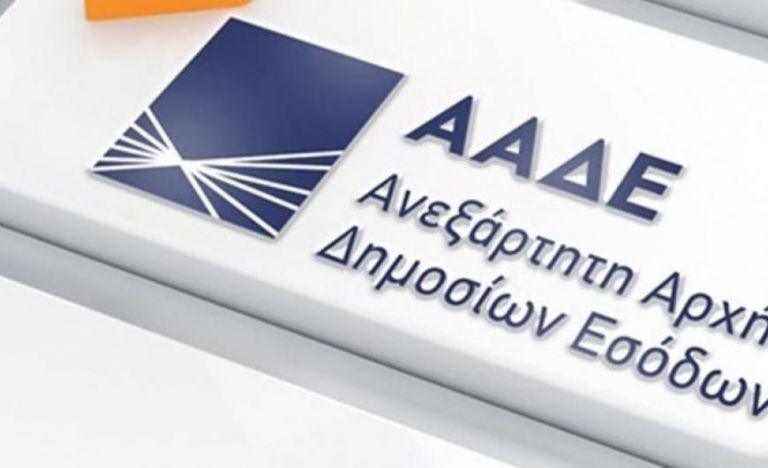










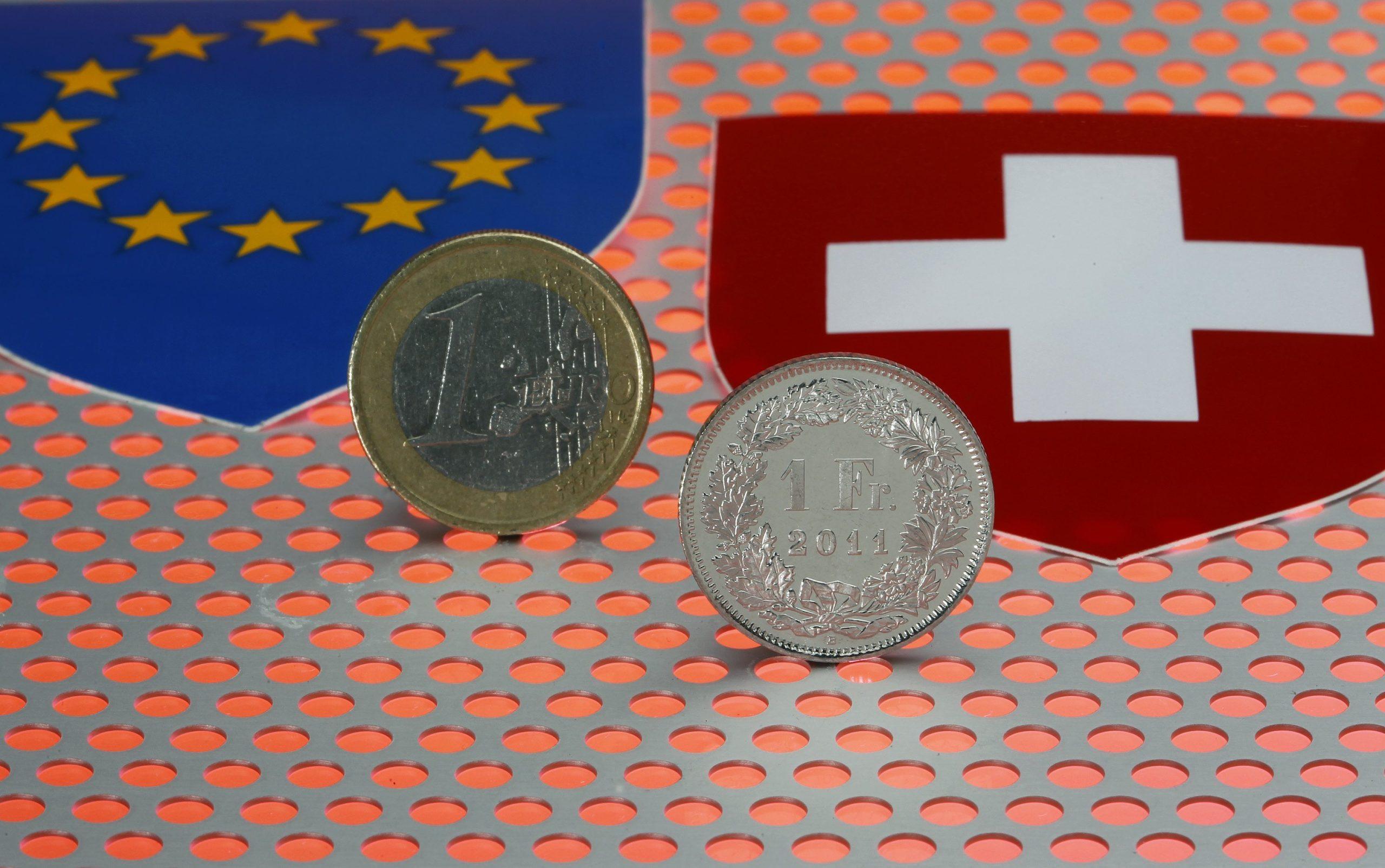



![Ακίνητα: Σε ποια εξοχικά στρέφονται οι επενδυτές [ πίνακας]](https://www.ot.gr/wp-content/uploads/2026/02/property-scaled.jpg)




